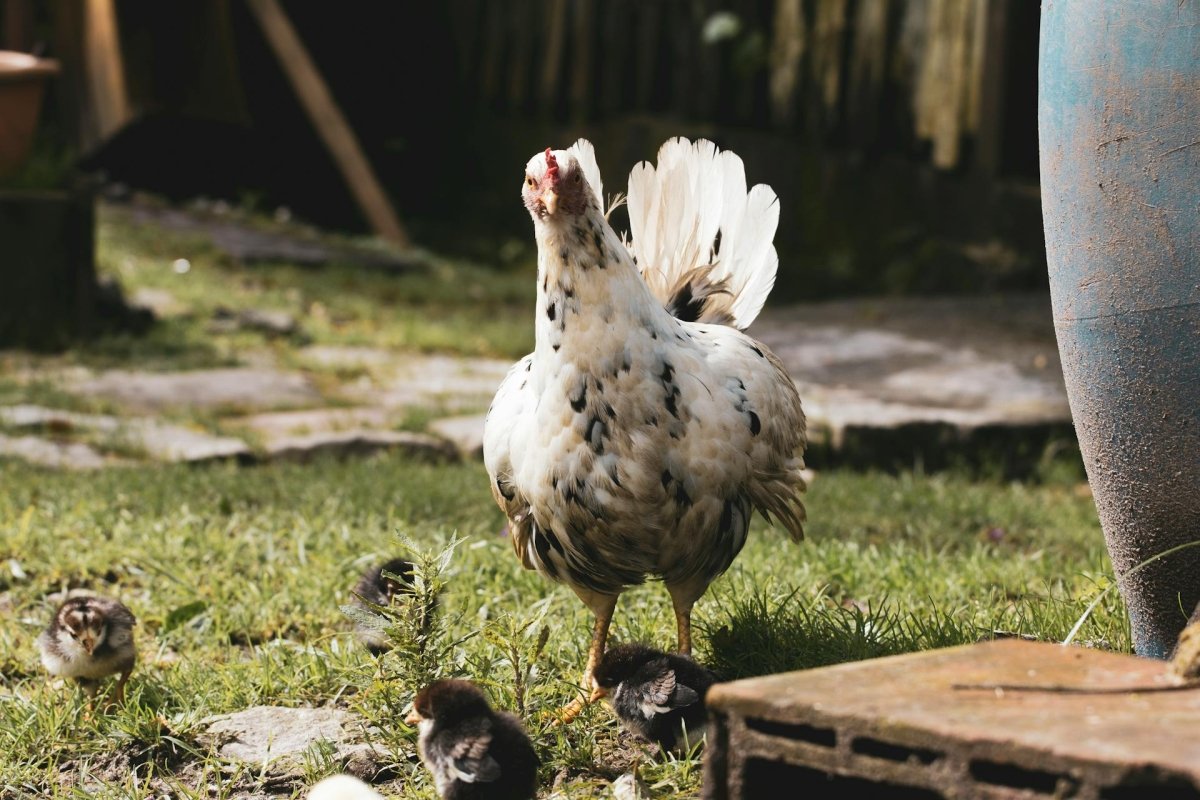
How to House and Feed Your Chickens in your Backyard or Garden
Raising chickens is a fulfilling endeavour that brings fresh eggs and a sense of connection to nature right to your backyard.
However, the key to healthy, productive chickens lies in proper housing and nutrition.
Without a suitable coop and a balanced diet, your feathered friends may struggle to thrive. In this article, we will explore essential tips for creating the perfect living environment and providing optimal feed, ensuring your chickens lead happy and healthy lives:
What's the right chicken house for backyard or garden chickens?
When choosing the right housing for your chickens, you have various options, including traditional coops and mobile chicken tractors.
Traditional coops offer stability and security, while mobile chicken tractors allow for easier movement, giving chickens access to fresh grass. Each type has its pros and cons, such as cost, construction complexity, and portability.
How much space do you need for chickens?
Space is crucial; ideally, each chicken should have at least 4 square feet inside the coop and 10 square feet in the run.
Adequate space is essential for movement, reducing stress, and providing a comfortable laying environment.
Additionally, proper ventilation and natural light are vital for chicken health. Good airflow helps prevent respiratory issues and keeps the coop dry, while natural light supports egg production. By considering these factors, you can create a healthy and productive environment for your flock.
What do you need for chicken coops?
When designing a chicken coop, security is paramount. Protecting your flock from predators like foxes and raccoons requires sturdy materials, such as hardware cloth instead of chicken wire, and reliable locking mechanisms to prevent intrusions.
Nesting boxes are another essential feature. Ideally, provide one nesting box for every three hens, ensuring they are located in a quiet, dark area of the coop to encourage laying.
Roosting bars are vital for chicken comfort. Install them at least 2 feet off the ground, with adequate spacing (about 12 inches apart) to allow chickens to perch comfortably. This promotes healthy sleeping habits and reduces stress.
Finally, cleanliness is crucial for maintaining a healthy environment. Choose bedding materials like straw or pine shavings, which are absorbent and easy to clean. Ensure that the coop design allows for easy access to all areas for regular cleaning, contributing to the overall health of your chickens.
How to Feed Chickens
Feeding your chickens properly is crucial for their health and productivity. Chickens require a balanced diet rich in essential nutrients, including proteins, carbohydrates, vitamins, and minerals. These nutrients are vital for egg production, growth, and overall health.
There are various types of chicken feed available. Commercial layer feed is specifically formulated for adult hens to maximise egg production, while starter feed is designed for chicks to promote healthy growth. Grain mixes can also be beneficial, providing variety and additional nutrients.
How often should chickens be fed?
Establishing a consistent feeding schedule is important for your chickens’ well-being. Typically, they should be fed twice a day, ensuring that they have access to fresh feed and clean water at all times.
Fresh water is essential for digestion and overall health, so make sure their water supply is always available and clean. Regularly monitoring their feed and water will help you maintain a healthy flock.
What treats and supplements should you give your chickens?
Chickens enjoy a variety of healthy treats that can enhance their diet and strengthen your bond with them.
Safe options include fruits like berries and melons, vegetables such as leafy greens and carrots, and grains like oats and corn.
These treats not only provide nutritional benefits but also promote positive behaviour and engagement with your flock.
In addition to treats, consider incorporating supplements into their diet.
Calcium supplements are essential for laying hens, as they support strong eggshell formation.
Probiotics can also be beneficial, aiding digestive health and improving overall gut flora, which is crucial for maintaining a healthy flock. Remember to offer these treats and supplements in moderation to ensure a balanced diet.
What are common mistakes when feeding chickens?
Common feeding mistakes can significantly impact your chickens' health.
Overfeeding can lead to obesity, resulting in serious health issues like heart disease and reproductive problems. Always measure feed portions to prevent this.
Neglecting fresh water is another pitfall. Chickens require constant access to clean water for hydration and overall health, and failing to provide it can lead to dehydration and decreased egg production.
Lastly, ignoring nutritional balance can have severe consequences. An unbalanced diet lacking essential nutrients can result in poor growth, weak eggshells, and compromised immune systems. Always ensure your chickens receive a well-rounded diet.
Does feeding chicken change in summer and winter?
In summer, it's essential to adjust your chickens' feeding routine to combat heat. Ensure they have ample hydration, offering additional cool water sources to help them stay cool and hydrated during the hot days. You can also provide shade in their coop or outdoor areas.
In winter, chickens require increased nutritional support to maintain their energy levels in cold weather. Offering high-calorie feeds can help meet these needs. Additionally, ensure that the coop is well-insulated to retain warmth, as this is crucial for their health and productivity during the colder months.
In summary, providing proper housing and nutrition is crucial for raising healthy and productive chickens. A well-designed coop and a balanced diet ensure your flock thrives, leading to better egg production and overall well-being.
By investing time and effort into these fundamental aspects, you can create a successful and enjoyable chicken-keeping experience. Happy chicken raising!


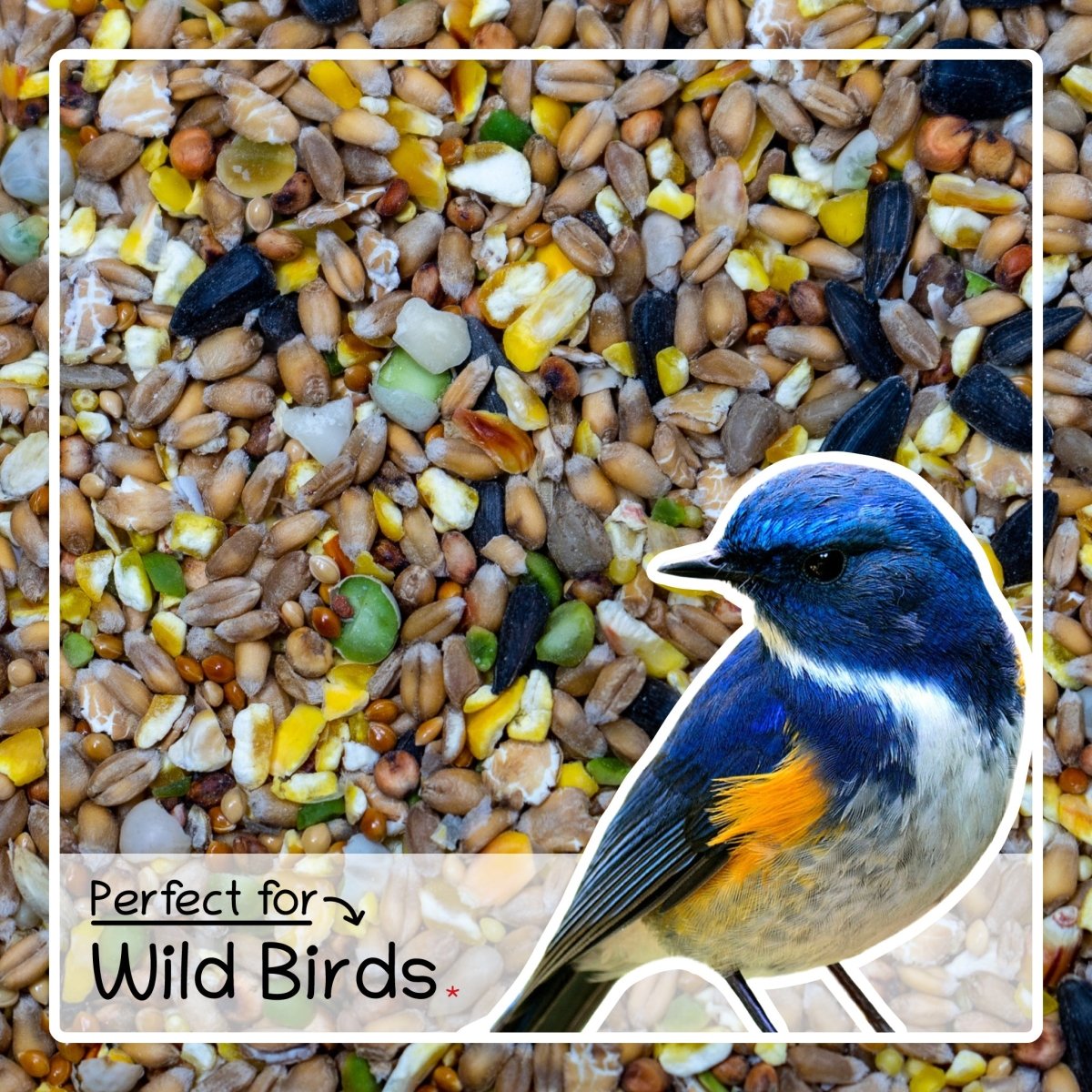

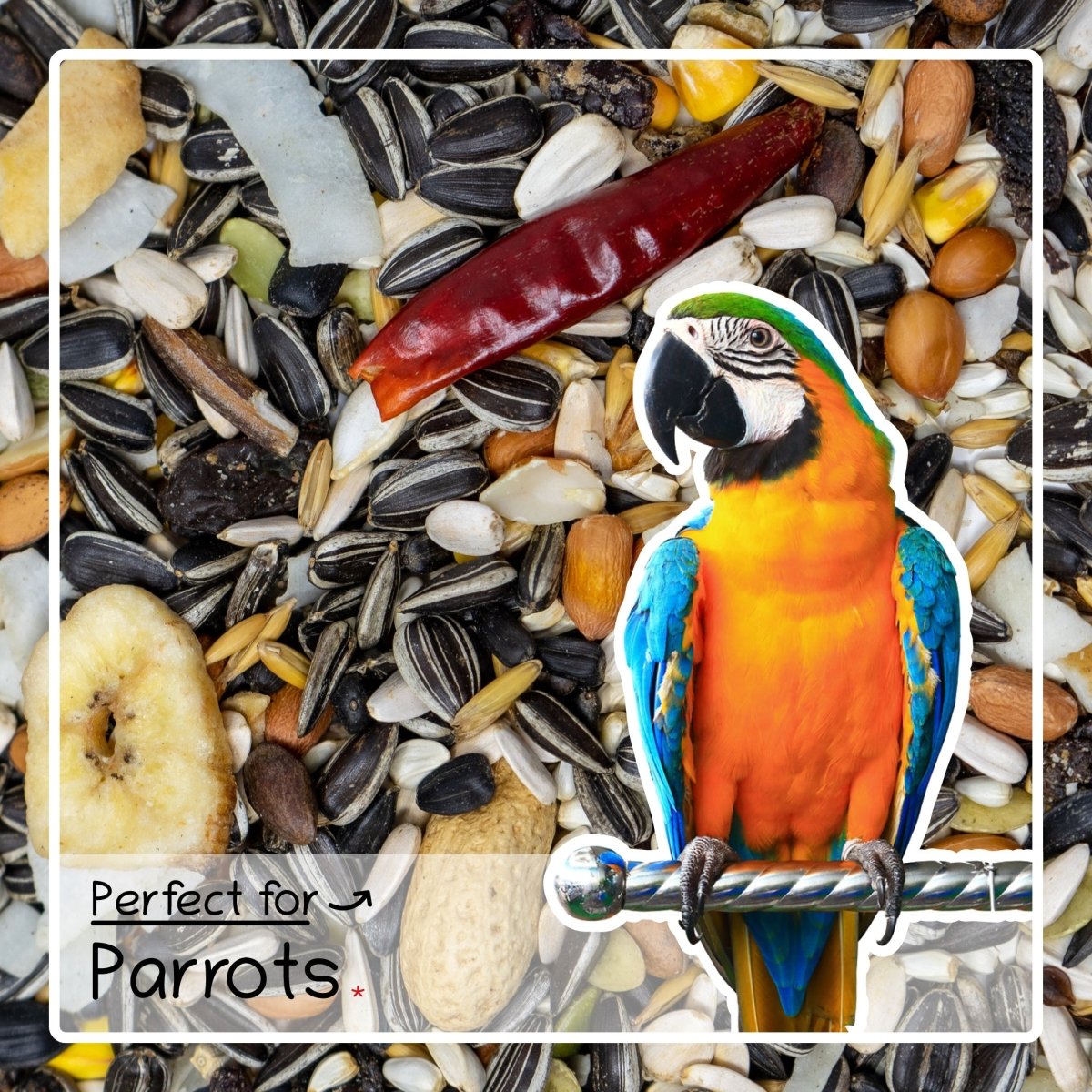

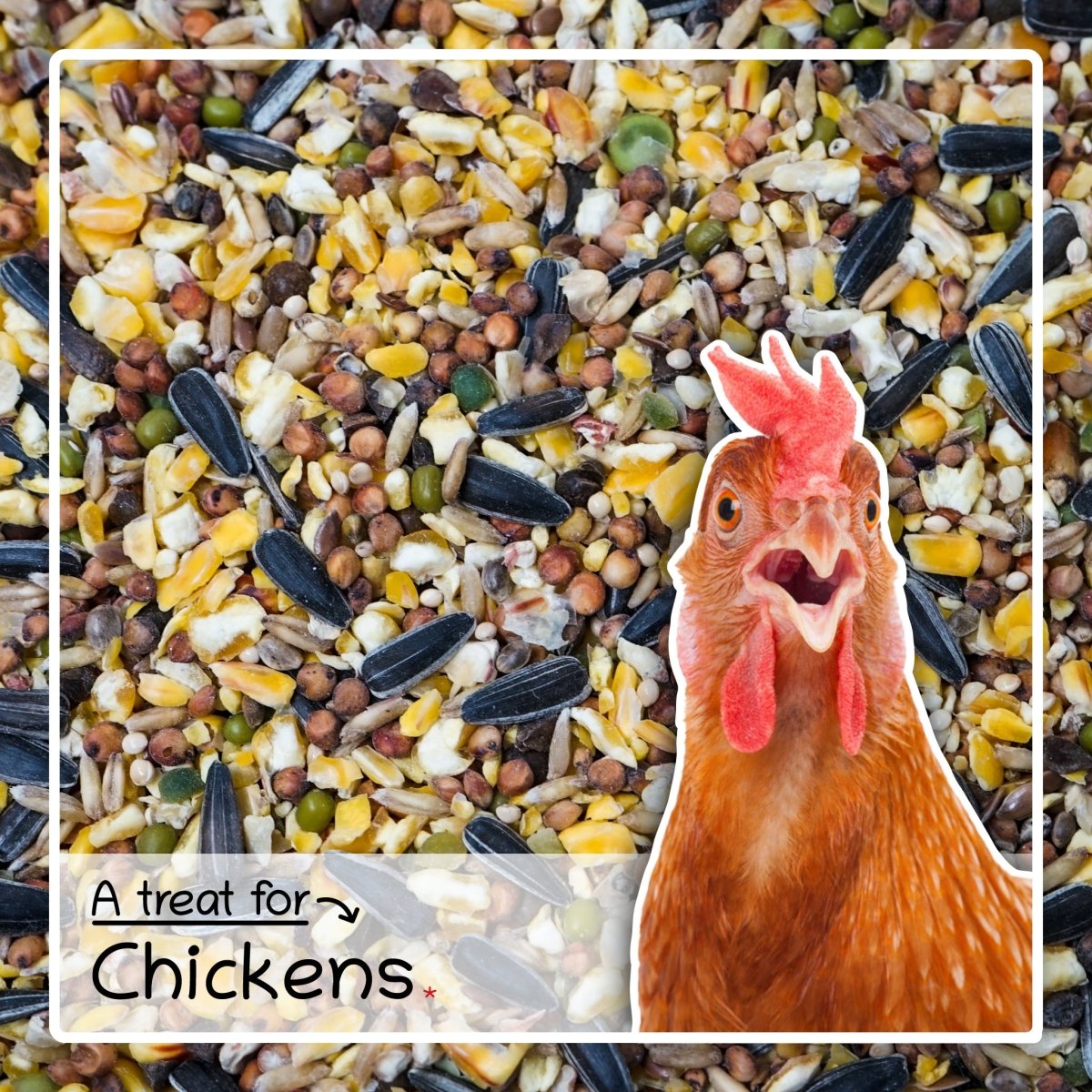








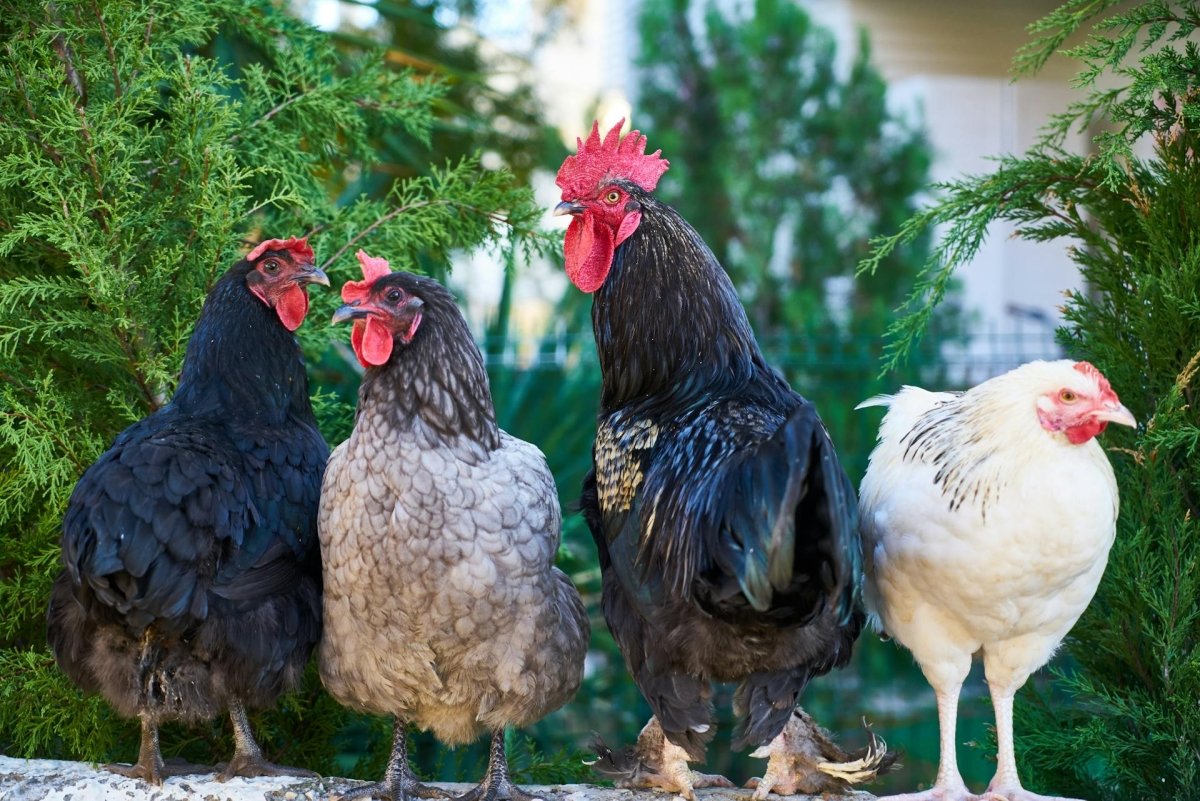

Leave a comment
This site is protected by hCaptcha and the hCaptcha Privacy Policy and Terms of Service apply.